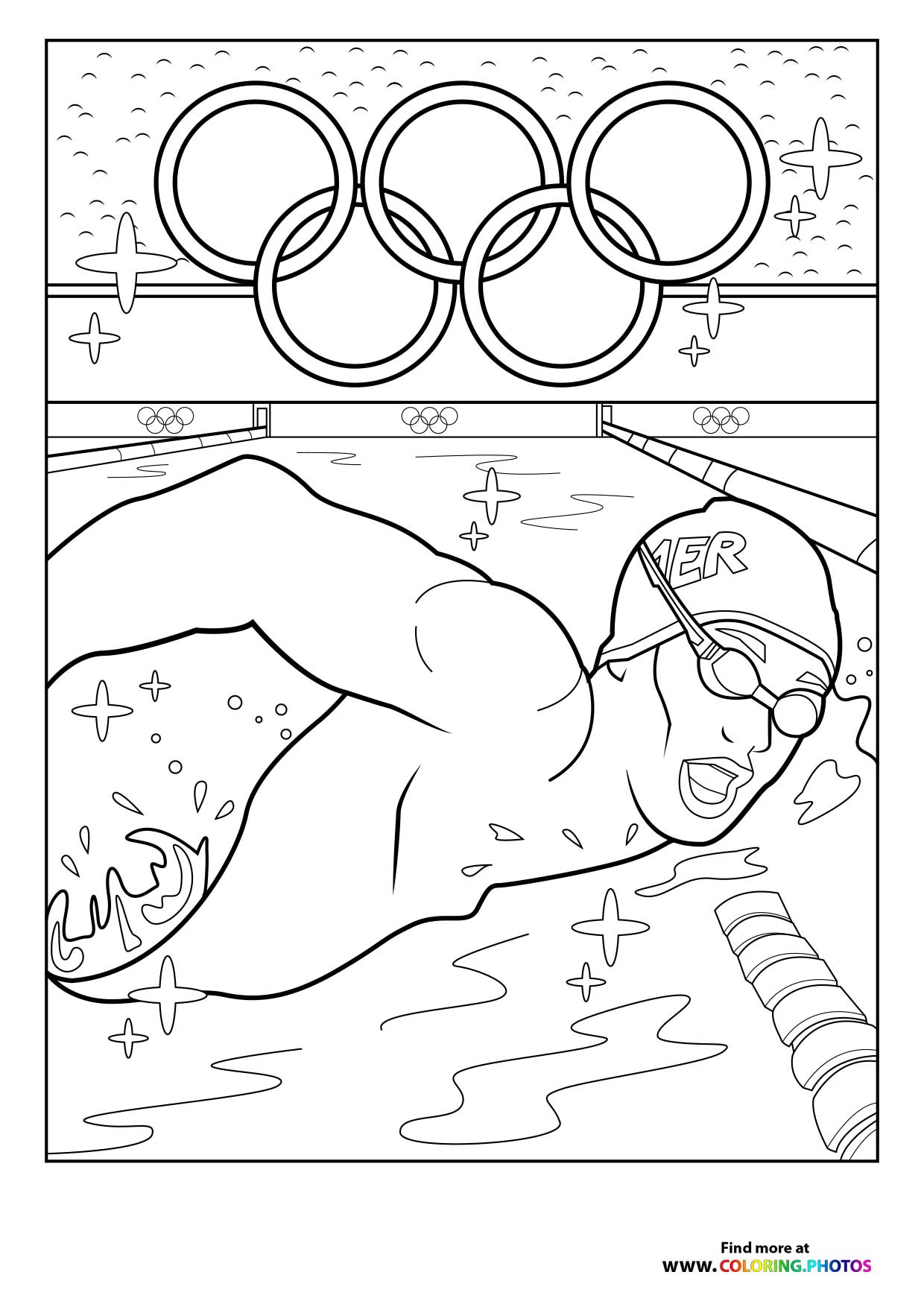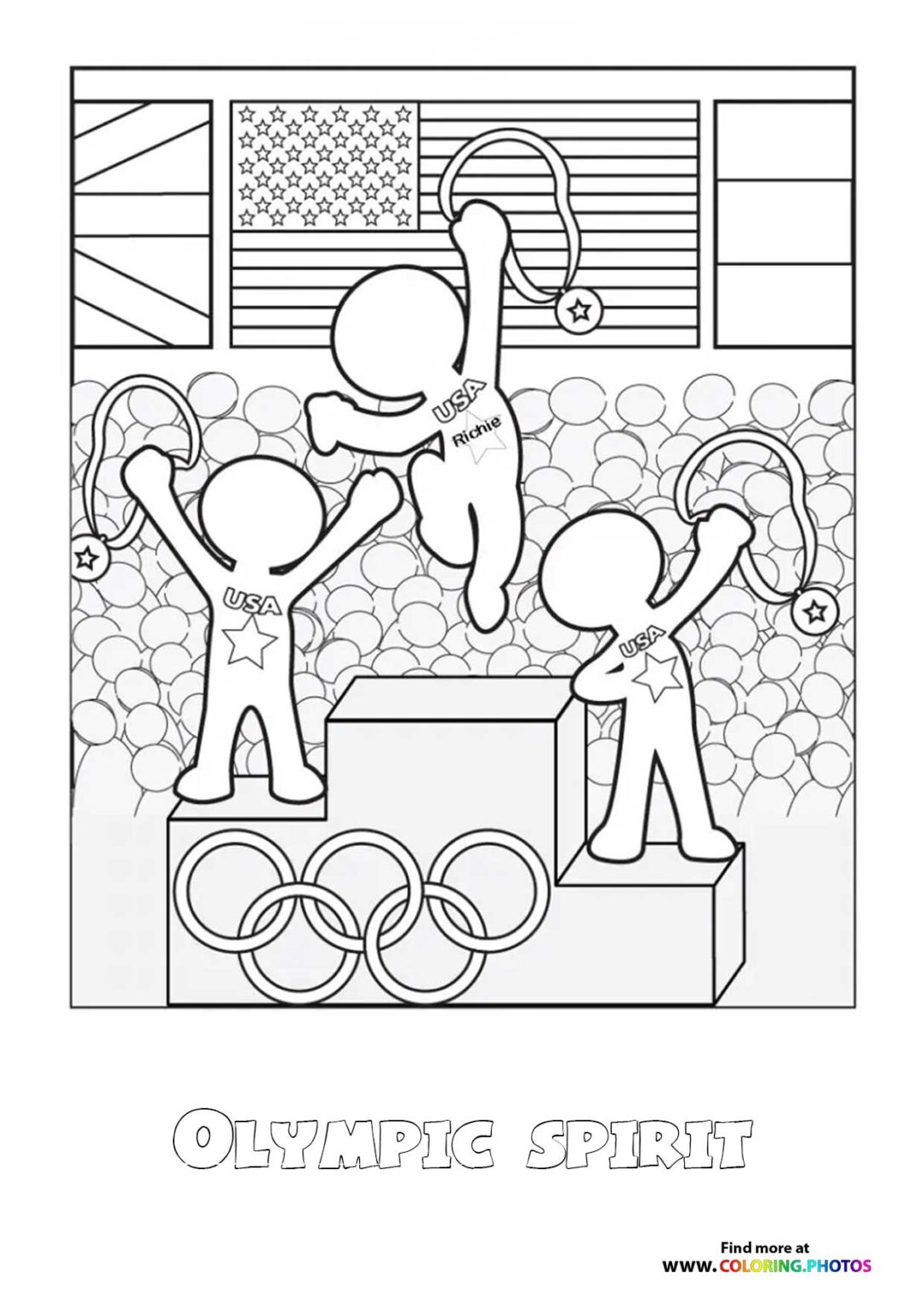Did the 2024 Paris Olympics Opening Ceremony, a spectacle meant to celebrate unity, inadvertently sow seeds of division? **The Vatican's sharp criticism, coupled with expressions of dismay from French bishops and other leaders, suggests that the Games' highly anticipated debut may have stumbled in its quest for universal appeal.**
The opening ceremony, a grand theatrical production staged along the iconic River Seine, aimed to pay homage to French history and culture. However, the inclusion of a reenactment of Leonardo da Vinci's The Last Supper, performed by ten men in drag, sparked immediate controversy. This artistic interpretation, intended by its creators as a form of expression, was perceived by many Christians as a blatant mockery of a sacred event. The French Bishops' Conference, along with other religious figures, voiced their disapproval, highlighting the offense caused by certain scenes and the potential for such choices to undermine the very spirit of unity the Olympics strive to promote.
To better understand the key figures and their roles in this unfolding narrative, the following table provides a concise overview:
| Person/Organization | Role/Title | Key Actions/Statements |
|---|---|---|
| Pope Francis | Head of the Catholic Church | Sent a letter to all participants of the 2024 Paris Olympics, encouraging them to use sport as a beacon of peace and hope. Expressed views through Vatican officials deploring the opening ceremony's actions. |
| Archbishop Laurent Ulrich | Metropolitan of Paris | Received a message from Pope Francis concerning the Olympic Games, emphasizing the importance of fraternity and unity. |
| French Bishops' Conference | Collective body of Catholic leaders in France | Expressed lament over the scenes mocking Christianity featured in the opening ceremony, recognizing the pain caused to Christians worldwide. |
| Athletica Vaticana | The Vatican's sports association | Co-authored a letter with Pope Francis to all 2024 Paris Olympics participants encouraging them to use sport for peace and hope. |
| International Olympic Committee (IOC) | Governing body of the Olympic Games | Has not issued a public statement specifically addressing the Vatican's concerns. |
For further information on Pope Francis's involvement with the Olympics and his emphasis on the values of sportsmanship and fraternity, you can consult the following reliable source: Vatican.va - The Official Website of the Holy See
Pope Francis, a vocal advocate for the Olympic spirit, had previously encouraged athletes to embrace the ideals of peace and unity. In a message delivered on the eve of the opening ceremony, he implored participants to embody the spirit of fraternity that should characterize the Games. His personal involvement extended beyond mere words, as he actively participated in events related to the Special Olympics, hosting athletes and recognizing their achievements. This dedication to inclusivity and the promotion of shared values underscores the significance of the Vatican's disappointment regarding the ceremony's content.
The controversy surrounding the opening ceremony raises significant questions about the balance between artistic expression and respect for religious sensibilities. While the organizers likely intended to create a visually arresting and thought-provoking experience, the execution of certain scenes, particularly the Last Supper reenactment, appears to have missed the mark. The French Bishops' Conference, acknowledging the hurt felt by Christians, underscored the need for sensitivity and consideration when presenting such sensitive material.
The impact of Pope Francis’s words on the Olympic movement is undeniable. His consistent support for the Games, coupled with his encouragement of athletes and his commitment to the Special Olympics, highlights the importance of sport as a platform for building a better world. The IOC President, in a statement of condolences, praised Pope Francis’s role in encouraging the Olympic Games and promoting the mission to build a better world through sport.
The incident surrounding the Paris Olympics opening ceremony serves as a reminder of the complexities involved in staging a global event. While the Games are meant to be a unifying force, cultural and religious sensitivities can sometimes become stumbling blocks. The Vatican's response, along with the French Bishops' lament, highlights the need for organizers to carefully consider the potential impact of their artistic choices and to strive for inclusivity in a way that respects the diverse beliefs and values of all participants and spectators.
The Games, if they remain truly games, can therefore be an exceptional meeting place between peoples, even the most hostile. The five interlinked rings represent the spirit of fraternity that should characterize the Games. The Vatican's intervention underscores that the true success of the Olympics is not only measured in athletic achievements but also in the promotion of understanding and respect between people of different backgrounds. As the Games progress, the focus should shift toward the positive ideals that Pope Francis has always championed.
The 2024 Paris Olympics have begun. However, the opening ceremony's challenges serve as an important lesson for future events: a reminder that the pursuit of unity and shared values requires thoughtful consideration, respect, and a commitment to inclusivity that extends to all aspects of the spectacle.



